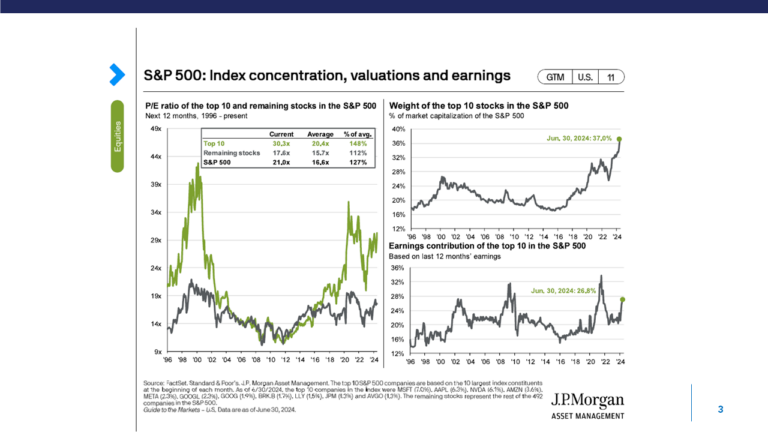I’m often surprised to hear some people say that they will start collecting Social Security at age 65. The age 65 rule is an artifact from the old days when those who wrote the Social Security Act in 1935 set age 65 as the full retirement date. Back then most workers did not live past 65, so its founders picked that date as a reasonable start to a benefit meant to help retirees in “extreme” old age.
To help you understand how to get the most out of your benefits, we broke down these Social Security tips.
Understanding Social Security
Today, most workers are not eligible for their full Social Security benefits until age 66 or even age 67. This can get confusing for some because Medicare, the other social program for retirees, still begins at age 65. That means that workers may end up applying for Medicare months or even years before collecting their Social Security benefits. In the past, they usually applied for Medicare and Social Security simultaneously.
The other cause of confusion is the most daunting: although the age for full benefits was increased to 67 for those born in 1960 or later, the rules for early benefits remained the same: eligible workers and their spouses can still claim a reduced benefit as early as age 62. What should you do?
The problem with all of this is two-fold: we are living longer and need the largest Social Security benefit possible to get us through our later years, yet each year we claim our benefits before we turn age 70 means a reduction in benefits.
Think of it this way: if I take Social Security before age 70, I cheat myself (and possibly my spouse, more on this below).
How to Find Your Social Security Account
Your first step should be to set up an online Social Security account at www.SSA.gov. That way you can access your Social Security statement, which will show you three very important numbers:
- Your reduced Social Security benefit if you begin it at age 62.
- Your “full” benefit at your normal retirement age.
- Your enhanced benefit if you wait until age 70 (there is no value to delaying past age 70; the value of the benefit does not go up through further delay).
Those numbers will be very enlightening. First, you will see a dramatic reduction in age 62 benefits. For someone born in 1960 or later, there will be a 30 percent reduction in benefits if they begin at age 62 rather than age 67.
You will also see a big increase in benefits if you delay them until age 70. The benefit at that point for someone born in 1960 or later will be 124 percent of their age 67 benefits. In other words, instead of $20,000 at age 67, for example, the benefit would be $24,800.
Social Security Tips
There are some caveats to social security. They are:
- Social Security says if you will live to the average lifespan for your age group, then it doesn’t matter when you take Social Security. You will get the same amount of money if you take reduced benefits at age 62 (because you receive more years of payments) as you will if you wait for enhanced benefits at age 70 but then receive fewer payments.
- Social Security’s argument only works for those who live an average lifespan. If you live longer than average, which, by definition, about half of us will, you may do better by taking the larger age 70 benefit. Those bigger payments will quickly add up for every month you beat the average lifespan, and eventually will amount to more money in your pocket.
- Married couples should also think about the lesser-earning spouse with the smaller benefit. It is usually very important for the other spouse to wait and take the largest benefit possible, because it is that benefit the lesser-earning spouse will inherit if the spouse with the larger benefit dies first. That means that even a worker who dies several months after taking a delayed benefit may have won out by handing his or her spouse a bigger benefit that they potentially can collect for many years.
- Bigger initial benefits also may grow faster over the years due to Social Security’s annual inflation adjustment. Each year, if inflation has increased enough, Social Security increases every current recipient’s benefit by roughly the amount of inflation. A larger benefit will reap more dollars when that percentage increase is applied than will a smaller benefit and the effect will compound over the years.
When to Take Social Security
Generally, it’s best to delay Social Security as long as possible. You don’t have to go all the way to age 70 to increase your benefits. Each month you delay past age 62 will result in a larger benefit amount.
However, there are legitimate reasons to take benefits earlier:
- If you simply need the money, you have to take it. Those who have little retirement savings or who are forced out of jobs early for health and other reasons may absolutely need anything they can get. In that case, a reduced Social Security benefit still provides a welcome, safe, reliable source of income.
- You are single and your health is not good and you don’t expect to achieve the average life expectancy for your age group. Since you have no spouse to leave your benefit to, you might as well start your payments as soon as possible in order to collect the most money possible during your lifetime.
None of the above constitutes hard and fast rules; every retiree’s situation is different. It pays to consult a financial advisor and analyze your situation carefully before making an application to collect your benefits. Want to learn more about Social Security tips? Contact us online.
Richard Schroeder, CFP®
Chief Investment Officer


